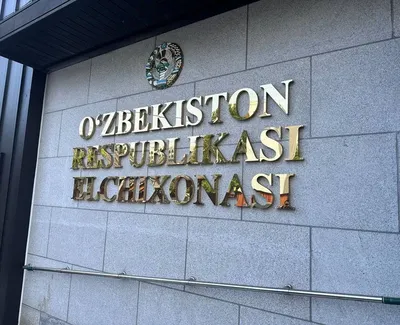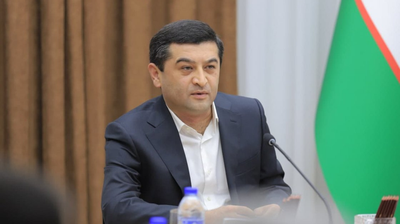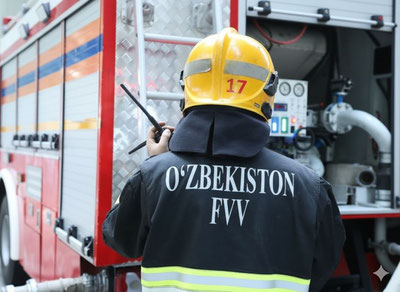As soon as we wake up, we rush to check social networks and messengers, unable to imagine our lives without the constant flow of real-time news and posts. Online platforms allow us not only to communicate and enjoy quick news updates but also to extensively utilize them in education, commerce, and services.
In this sense, bloggers, influencers, and various group and channel owners on social media currently play an active role in disseminating information, expressing opinions, and influencing the public within our country's media space. However, to what extent is their freedom and rights protected in the digital environment? From this perspective, there are certain problems in the field that are becoming increasingly urgent.
For example, some online platforms restrict users from creating accounts or groups/channels. In some countries, the complicated regulations for registering or using social media prevent citizens from freely conducting their activities. Improperly or vaguely stated rules create unfair conditions for users, leaving them unprotected.
The list of issues also includes restrictions that hinder content moderation and the process of deriving financial benefits. There are platforms that deprive users engaged in creative or commercial activities of the opportunity to earn revenue. Content distribution algorithms show preferential treatment, displaying liked content more frequently to some users, while neglecting others.
Another significant issue worth noting is the difficulty users face in avoiding content that does not interest them. Inefficient or inaccurate content filtering mechanisms complicate the protection of users from unwanted content. Worst of all, it allows easy access to harmful content for children and teenagers.
These problems underscore the necessity for clear rights and guarantees for users, bloggers, influencers, and owners of resources on social media, specifically:
• Access to complete and reliable information about the rules and conditions for creating accounts, groups, channels, and using online platforms;
• The freedom to create, obtain, place, and distribute content in any legal way;
• The freedom to express opinions and protect one's rights, legal interests, dignity, and reputation;
• The right to address demands (objections) to the owner of the online platform or network moderator;
• The opportunity to profit from creative, commercial, and other legal activities;
• The right to reject products offered by online platforms that contradict one's interests and views;
• The ability to limit the display of undesirable or uninteresting content on online platforms;
• Knowing the reasons for unjust restrictions on personal accounts, blogs, or resources.
These rights are demanded not only to ensure freedom but also to strengthen transparency, justice, and safety in the internet environment.
Indeed, safety. Now, if we pay attention to this aspect. True, we said that social networks are an important tool for sharing information and staying informed about events and occurrences. However, the widespread dissemination of not only useful information but also harmful and illegal information through them has become a serious concern recently.
Among other things, the prevalence of false news, the difficulty in verifying the accuracy or authenticity of information, the existence of information speculation, sometimes the coarse violation of ethical norms during interpersonal communication, the irreversibility of certain actions taken without thought, the impossibility of deleting some inappropriate posts, the use of the internet as a propaganda platform by malicious forces, the theft of personal information, and other technical threats are worrisome.
Therefore, it is important to clearly define the obligations, as well as the rights of citizens, especially bloggers, influencers, and owners of groups and channels on social media.
This is necessary to create a safe and healthy environment for people in the current digital space. Based on this, the following obligations should be clearly established:
— To conduct activities within the framework of the law.
— To respect personal rights and freedoms, honor, and reputation. Do not allow infractions on the rights of individuals, as well as defamation, dissemination of personal data, cyberbullying, and the like in the process of internet communication and content creation.
— Not to place or distribute illegal (criminal, extremist, inciting violence, disinformation, and pornographic) content.
— To delete such content if placed or distributed. This is important not only as a legal requirement but also as a moral responsibility.
Maintaining the balance between freedom and responsibility in the online space ensures information and spiritual hygiene in society. This is why improving legislation related to this field is important, as it creates opportunities for safe, transparent use of the internet.
Ibrohim SAIDOV,
The Agency for Information and Mass Communications
Head of Department






